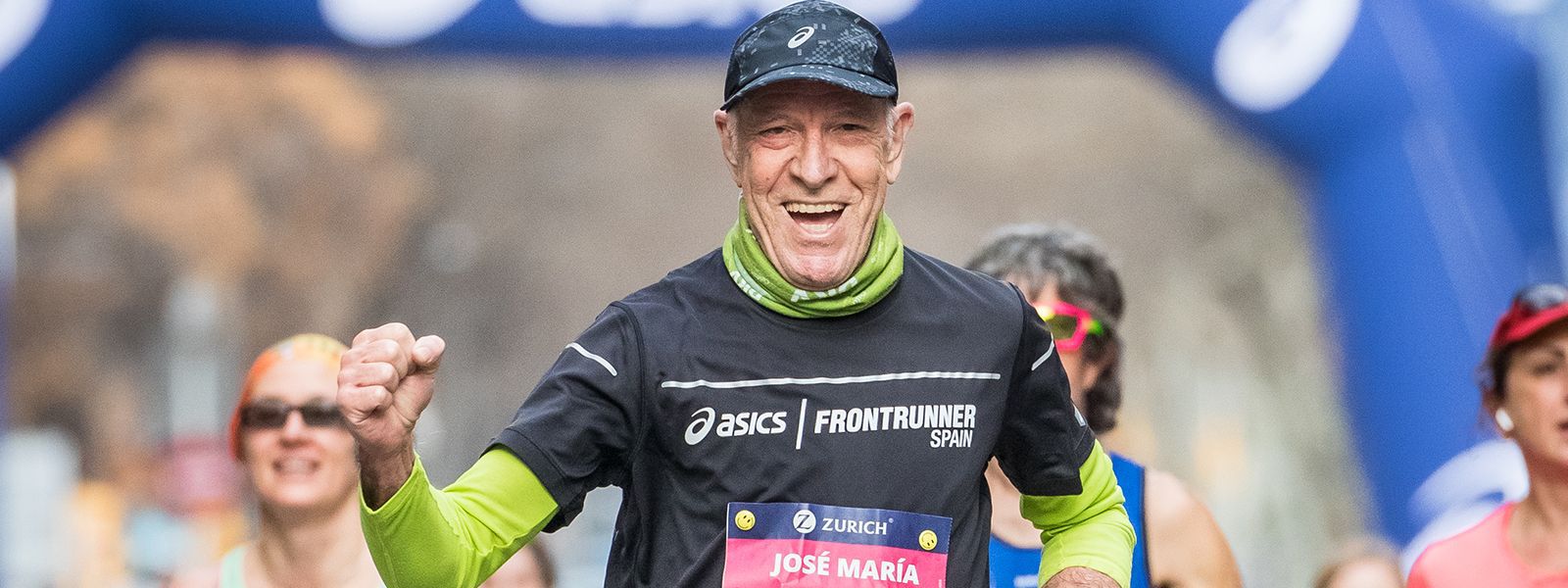Marathon training and nutrition
Developing your own marathon training nutrition plan can play an enormous part in how well you do in your next race. Your marathon diet will, after all, fuel you during those long months of training, as well as on the day of the race itself, so choosing foods which will support your body as you build up your resistance and running legs is essential.
We’ve put together our top nutrition tips for marathon training to help you decide on the right diet for you.
What’s the science behind a marathon diet planning?
In short, the science about what you should eat during marathon training isn’t terribly clear. For a long time, the accepted marathon diet science was that you should ‘carb load’ during training. The idea was that long-distance running depletes the glycogen in your muscles (effectively, your energy stores), so runners should aim to replace this with extra carbs from pasta, rice, bread and other starchy foods. Now, however, sports scientists are generally recommending a more ‘balanced’ diet, without the over-emphasis on carbs (except in the last 2-3 weeks of training).
There are also some marathon training nutrition plans which actually recommend avoiding carbs – saying you should eat more fats and protein instead.
Suffice to say, this can all be confusing for marathon runners themselves. In the end, you might find it helpful to try out a couple of different diets to decide what works for you – because every runner is different.
Aim for a balanced and varied diet
Whether you choose to fill your plate with extra pasta or not, you should still aim for a varied and balanced diet during your marathon training. You should include all the five major food groups and get a reasonable amount of each throughout the day as they all bring valuable nutrients to your body, helping with repair and growth:
- Carbohydrates for energy:
Includes starchy foods like pasta, oats, rice, bread, couscous, cereals and potatoes
- Protein for growth, repair and minerals:
oily fish, shellfish and red and white meat, nuts, eggs and tofu
- Dairy for calcium:
Milk, yoghurt, cheese and supplements
- Fruit for minerals, vitamins and fibre:
Aim for a wide range
- Vegetables and legumes for minerals, vitamins and fibre:
Aim to mix up leafy greens with other vegetables and pulses
When to eat during marathon training
One of the most important nutrition tips for marathon training is to remember the timing of what you eat. It’s generally recommended to eat within 20 to 30 minutes of a workout, as your body is crying out for nutrition at this point and absorbs nutrients extra quickly. Of course, you might not have the time to knock up a meal, but aim to at least eat a banana, a pre-prepared sandwich or cereal/energy bar (although avoid those with added sugar).
Remember to hydrate!
During marathon training and the race itself, you’ll inevitably lose a lot of liquid through perspiration. Staying hydrated is therefore important, and you should aim to take a couple of sips from your bottle every half an hour or so. The crucial thing is to avoid drinking too much water – you don’t want to take on unnecessary weight or need to stop for a toilet break. Besides drinking water, you might also find it valuable to choose a drink which contains electrolytes to help replace salts lost through sweat – this can help prevent cramp.
Marathon day breakfast
So, what should you eat on the morning of the marathon itself? It’s a great idea to think about your breakfast in advance and plan a meal which you know will give you the energy for the run. Generally speaking, this will be something relatively light, which you’ll eat at least two hours before starting the race. It should include complex carbs, incorporating whole grains to ensure you get a slower, more consistent release of energy.
Popular marathon-day breakfasts include:
- Two slices of toast with peanut butter and jam
- A smoked salmon and cream cheese bagel
- A bowl of granola and a banana
- Porridge with honey, raisins and banana
- A bowl of rice
As you get more experience with marathons, you’ll eventually find your ideal breakfast.
It’s also worth trialling your marathon-day breakfast during training to make sure it sits comfortably with you – no one wants to run 26.2 miles with a heavy stomach. On one of your longer training runs, trial your planned race-day breakfast to make sure it doesn’t cause you discomfort.
Carb loading during the tapering period
While eating vast amounts of carbs throughout your months of training is no longer seen as ‘best practice’, it is still generally recommended in the final two to three weeks before the marathon itself. Again, the goal isn’t to eat mountains of plain rice or pasta, but instead to make carb-rich foods a larger part of your plate for every meal. Even something as simple as including an extra slice of wholegrain toast at breakfast, or a couple of sweet potatoes at lunch – these additional carbs all help to fill up your energy engines for the race to come.
While there’s no ‘right’ marathon diet – every runner is different – using some of the tips above when designing your marathon training nutrition plan will give you the building blocks for a successful race.



